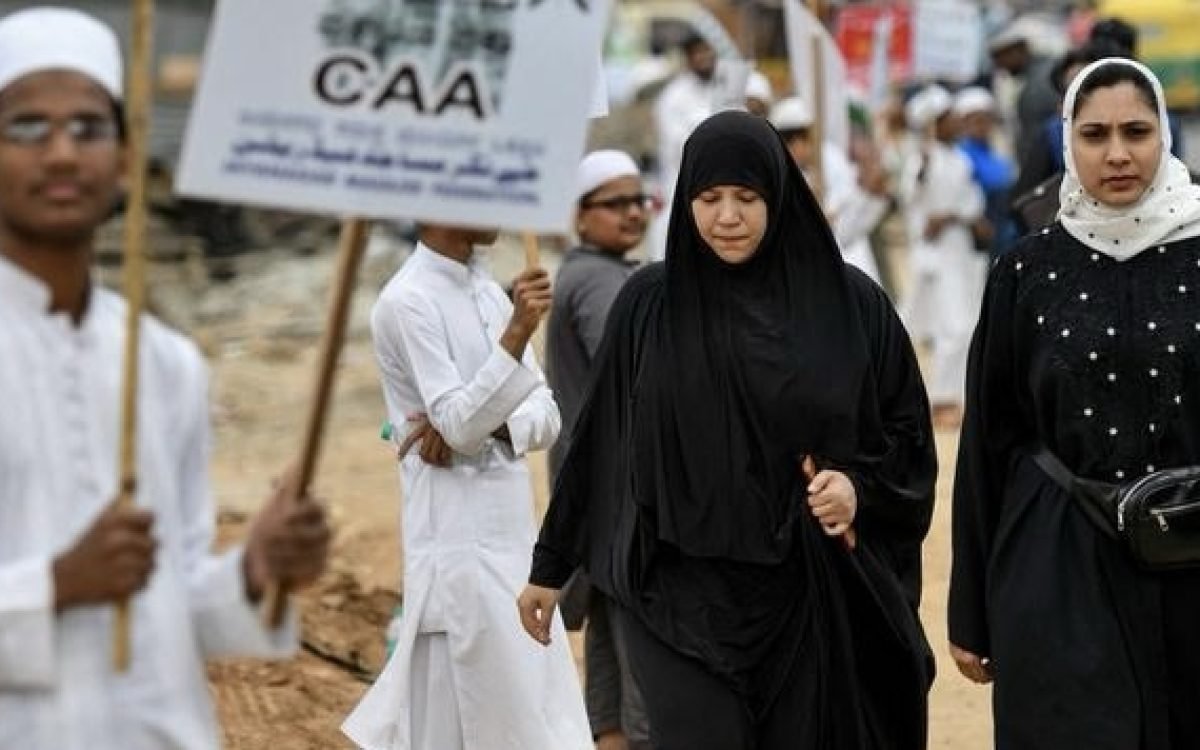The Citizenship Amendment Act (CAA) has been a subject of significant debate and controversy in India since its inception. Recently, the Ministry of Home Affairs (MHA) issued a press note to address concerns about the impact of the CAA on Islam and Muslims in India. However, shortly after its publication, the document mysteriously disappeared from the government’s website, raising further questions and adding to the confusion surrounding the issue.
The CAA, passed in December [year], aims to grant Indian citizenship to persecuted minorities from neighboring countries such as Pakistan, Bangladesh, and Afghanistan, who entered India before [date]. While supporters argue that the law provides refuge to persecuted religious minorities, critics fear it discriminates against Muslims and undermines the secular fabric of India’s democracy.
In response to mounting concerns, the MHA assured that no Indian citizen, regardless of their religion, would be required to produce documents to prove their citizenship under the CAA. This statement was intended to allay fears among Muslims about potential discrimination or persecution under the new law.
However, the sudden removal of the press note from the government’s website has only fueled skepticism and suspicion. The lack of explanation from ministry officials regarding the deletion has led to further confusion and distrust among the public.
The controversy surrounding the CAA highlights the broader issues of religious identity, citizenship, and secularism in India. While the government seeks to address concerns and provide reassurances, the lack of transparency and inconsistency in its actions only serve to deepen the divide and erode public trust.
As the debate over the CAA continues, it is essential for all stakeholders to engage in constructive dialogue and ensure that the rights and dignity of all citizens, regardless of their religious affiliation, are protected and upheld. Only through open communication, transparency, and respect for diverse perspectives can India navigate through this contentious issue and uphold its democratic values.









